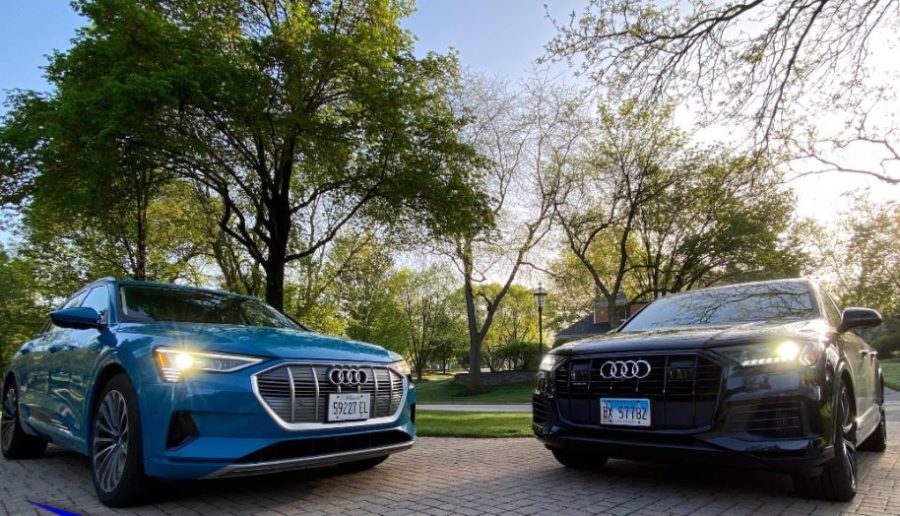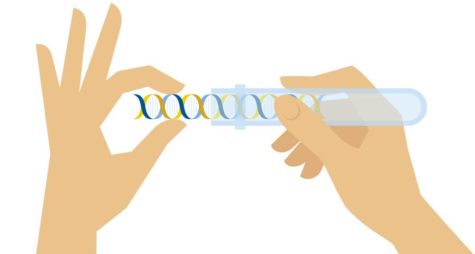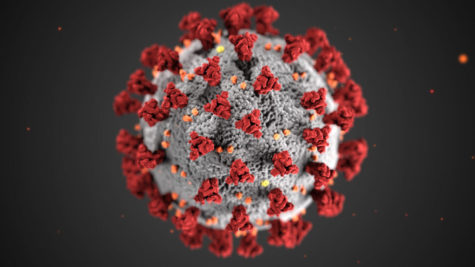Porsche’s new synthetic fuel gives hope to internal combustion engines
Recent trends show electric cars trumping gas cars and dominating the market with promised future-proof technology. Gas cars are old fashioned nowadays. The growth electric and hybrid cars have made in the past couple of years have shown the future of automobiles and the extinction of gas cars.
A car mechanic named Gabe said, “I have noticed less and less cars coming into the shop over the years probably because of electric cars.”
However, while gas cars are slowly becoming obsolete, Porsche has revitalized hopes and dreams of combustion cars’ continuous relevance in this day and age.
“My hope for gas cars is slowly diminishing with the new wave of electric and hybrid powered vehicles,” said Faris Badwan, junior.
The new invention of Porsche’s eFuel allows for the emissions and greenhouse gasses of combustion engines to be recycled and made into new gas.
Through a process done in a plant called Haru Oni in Patagonia Chile, they make eFuel by splitting water into hydrogen and oxygen then combining the hydrogen with CO₂ from the air that is sucked into the plant that would otherwise be in the atmosphere as methanol, then a final process that then turns that methanol into gasoline.
According to Porsche, “Haru Oni is a symbol of hope in the fight against climate change, for a more sustainable future – and one that might also feature the music of a Porsche engine.” T
his is exciting news to someone who is a car enthusiast and enjoys the sensations and sounds of internal combustion engines in cars.
“This new synthetic gas really gives me hope for all of my favorite cars to continue to be produced,” said Mahad Ahmed, senior and car enthusiast.














